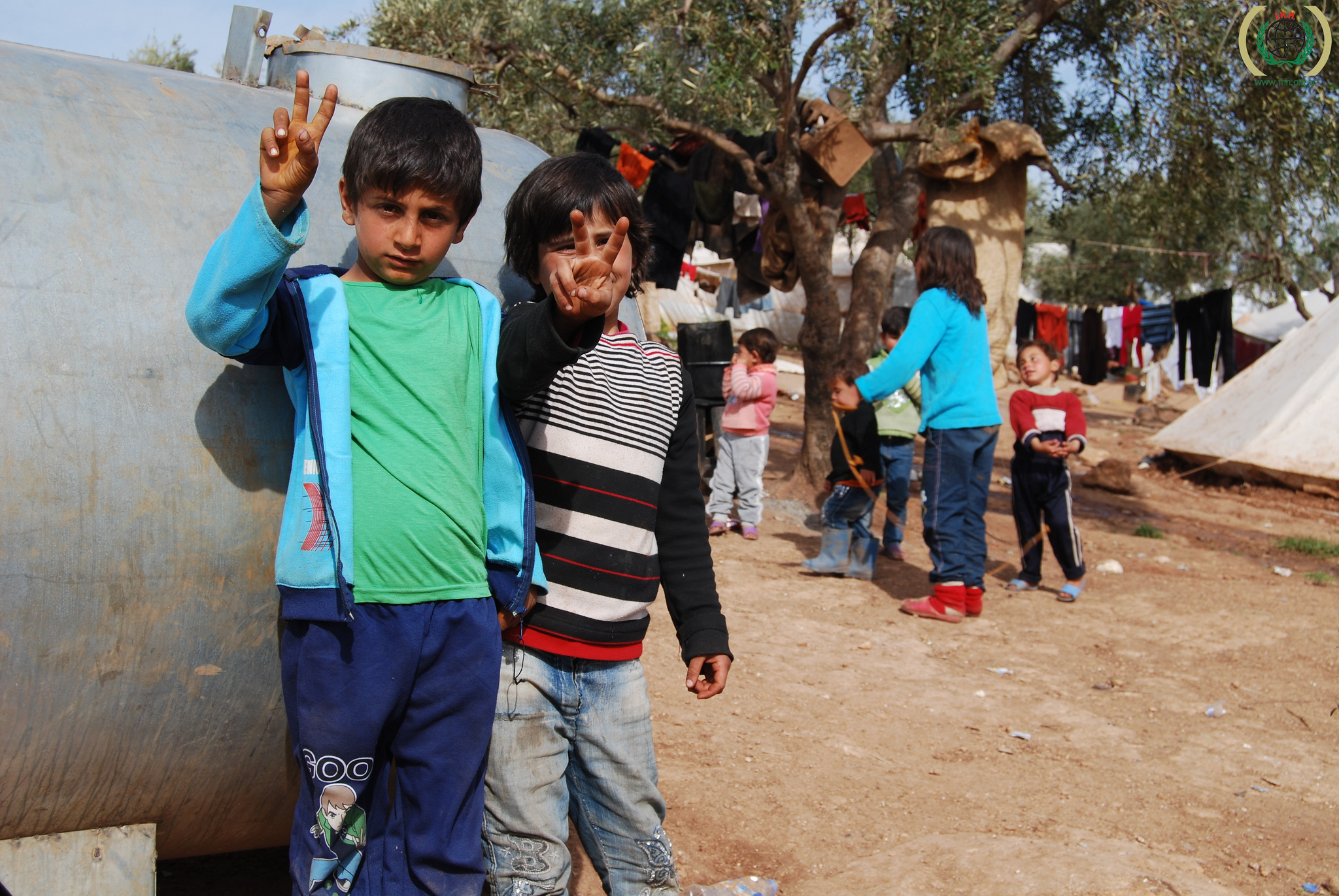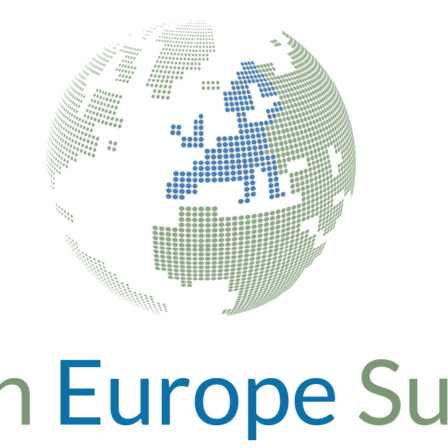Vision Europe is a consortium of think tanks and foundations collaborating to address some of the most pressing public policy challenges facing Europe.
In 2016 the chosen theme is “to improve the response to the crisis of migrants and refugees in Europe”, with the final conference to be held on 21 and 22 November at the Calouste Gulbenkian Foundation in Lisbon.
As part of Vision Europe’s work toward the delivery of evidence-based policy recommendations on how to improve the response to the crisis of refugees and migrants in Europe, three groups of the consortium’s experts have written research papers on the three main axes followed by Vision Europe.
1) From conflict to equilibrium: the construction of a common ground for a social and political consensus on migration.
2) From reaction to pro-activity: the development of mechanisms for rapid and efficient action for an effective management of migration.
3) From fragmentation to integration: the construction of a European programme with common standards for the management of migration with the final objective of achieving the complete integration of those who seek it.
EXPLORING THE CURRENT MIGRATION/INTEGRATION “CRISIS”— WHAT BOTTOM-UP SOLUTIONS?
In “Exploring the Current Migration/ Integration ‘Crisis’— What Bottom-up Solutions?” Tiziana Caponio (University of Turin and Collegio Carlo Alberto) and Teresa M. Cappiali (Collegio Carlo Alberto) analyse the current migration/integration “crisis” from a bottom-up perspective by considering three different sets of responses: public opinion perceptions of the crisis, narratives and frames proposed by political groups and the media, and (good) practices undertaken by local authorities and civil society organisations.
UNDERSTANDING THE DRIVERS OF MIGRATION TO EUROPE: LESSONS FROM AFGHANISTAN FOR THE CURRENT REFUGEE CRISIS
Hameed Hakimi (Royal Institute of International Affairs, Chatham House), presents the Afghan example in “Understanding the Drivers of Migration to Europe: Lessons from Afghanistan for the Current Refugee Crisis”. This paper studies the implementation and impact of European approaches in Afghanistan, one of the primary source countries of refugees globally for almost four decades. This provides examples of lessons to be learned in the approach to other countries such as Syria which will continue to be a focus of humanitarian aid and development support for the foreseeable future.
FROM FRAGMENTATION TO INTEGRATION: TOWARDS A “WHOLE-OF-SOCIETY” APPROACH TO RECEIVING AND SETTLING NEWCOMERS IN EUROPE
Integration is no longer a peripheral policy area, if it ever was. But more than any time in the past, it is at the forefront of the minds of Europe’s policymakers. Many of the structural adaptations needed to turn this crisis into an opportunity that will benefit everyone. But to truly make this work, everyone has to play their part. Demetrios G. Papademetriou (Migration Policy Institute (MPI) and MPI Europe) and Meghan Benton (MPI) approach these matters in “From Fragmentation to Integration: Towards a ‘Whole-of-Society’ Approach to Receiving and Settling Newcomers in Europe”.
Through research, publications and an annual summit, Vision Europe aims to be a forum for debate and a source of recommendations to improve evidence-based policymaking at both the national and EU level and to foster appropriate European integration.



Recommended